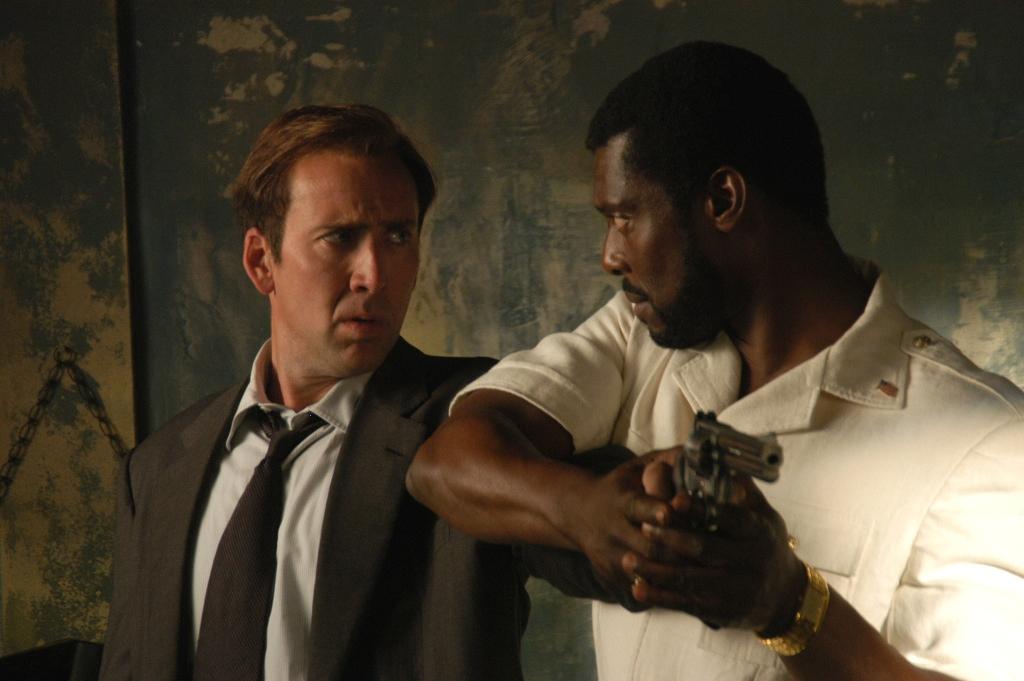R | 2h 2m | Drama, Action, Crime | 2005
The opening title sequence of “Lord of War” showcases the lifecycle of a single bullet from ore to firing. The musical accompaniment is the 1966 Buffalo Springfield song “For What It’s Worth” (written by Stephen Stills), which is one of the most recognizable anti-war songs ever recorded. Rarely has the tone of a movie been so firmly established with such compact, blazing efficiency.






